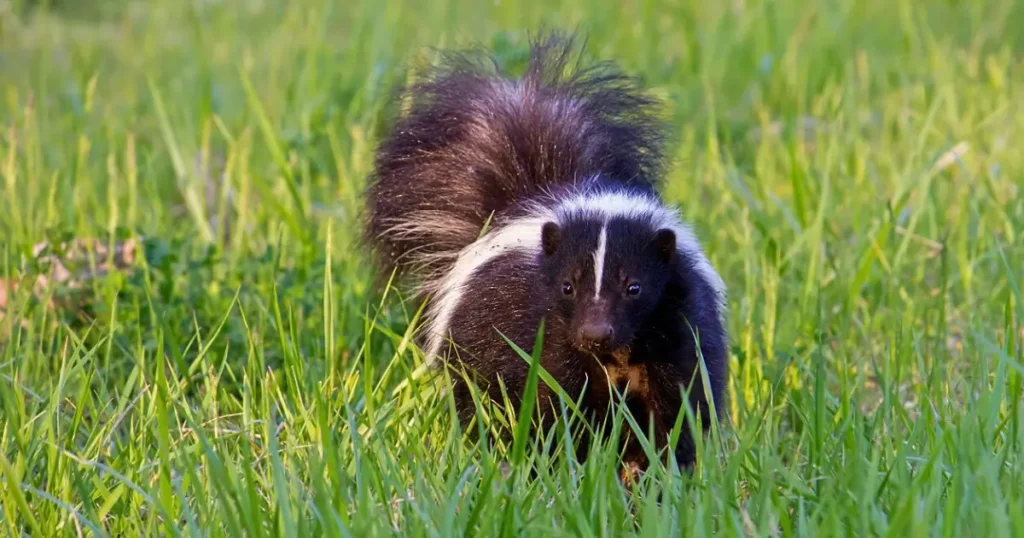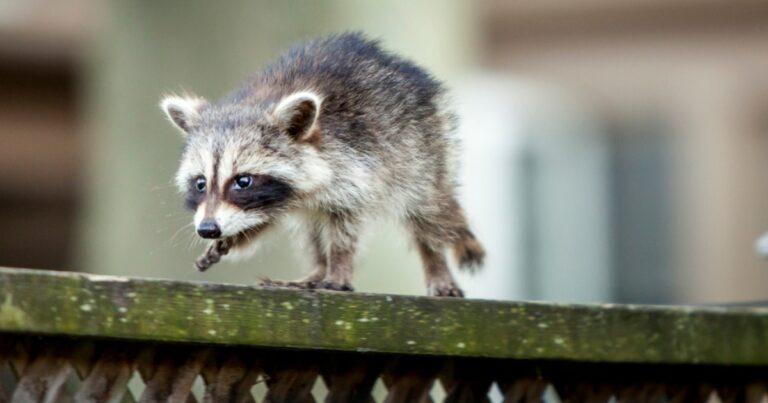
Photo by Romeo Andrei Cana / Getty Images
Skunks are known for their stripes and stink, but there’s so much more to Mephitis mephitis – and how they benefit our ecosystems and communities! Here’s a few surprising facts about skunks in Canada:
1 Pest control. Skunks love to eat insects, rodents, and other small vertebrates – often considered pests. This means they’re helping to keep the populations of these species in check and can prevent overpopulation.
2 Dispersal of native seeds. True omnivores, skunks will also seek out fruits and berries in their environment and spread the seeds after digestion across an ecosystem. This is an essential process in increasing or balancing biodiversity called zoochory.
3 Improving soil quality. When skunks dig for insects like grubs, they pull up soil and aerate it – a process many people pay for their lawns once a year. Their feces contributes back to the soil, and helps facilitate the nutrient cycle in ecosystems.
4 Pollination. We bet you didn’t know this one! Just like Flower in Bambi, skunks may stick their snoots into flowers and other plants, or even brush up against them and help in the process of pollination and plant reproduction!
Skunks are incredible animals who are essential to ecosystems and our communities, regardless of size or density. Thank you for taking time to learn more about skunks and how they help your community thrive!
